
Patients with Parkinson disease were shown to be at greater risk of suicide than matched participants in the general population, according to study findings published last week.

Matthew is an associate editor for The American Journal of Managed Care® (AJMC®). He joined AJMC® in 2019 and creates content for Medical World News®, a 24-hour online program developed MJH Life Sciences® focusing on pressing topics within managed care, as well as the nonwork-related activities of health care stakeholders.
He has a BA in journalism & media studies and economics from Rutgers University. You can connect with Matthew on LinkedIn.

Patients with Parkinson disease were shown to be at greater risk of suicide than matched participants in the general population, according to study findings published last week.

Amid the coronavirus disease 2019 pandemic, patients with Parkinson disease reporting feelings of loneliness were found to experience greater severity of symptoms.

Harlan Levine, MD, highlighted the chasm present in oncology today during his talk during this year’s Patient-Centered Oncology Care® 2020 conference.
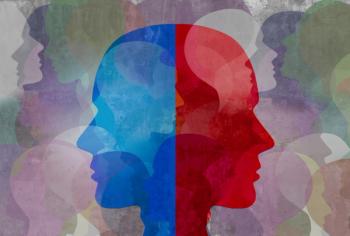
Among patients with obstructive sleep apnea (OSA), the presence of anxiety was shown to have an inverse relationship with the severity of OSA, whereas symptoms of depression did not exhibit a similar relationship.

Researchers review the association between Parkinson disease and dermatologic disorders, as well as implications that this link may have on the pathophysiological mechanisms underlying Parkinson disease.

The effectiveness of telemedicine services among patients with neurological conditions was spotlighted amid the coronavirus disease 2019 (COVID-19) pandemic, particularly how telephone and video consultations have fared in temporarily replacing face-to-face consultations.

Researchers discuss the latest advances in technology-enabled care under development for Parkinson disease, as well as potential challenges to achieve full integration.
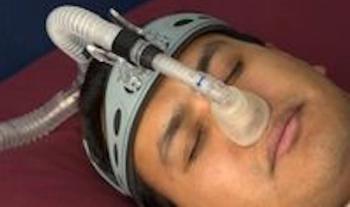
Among patients with obstructive sleep apnea (OSA), reduced dominant hand grip strength was found to correlate with lower oxygen nadir and increased apnea duration, with fat mass also consistently associated with worsening OSA indices.

Incidence and prevalence rates of narcolepsy were assessed in a meta-review of 30 countries, with a trend of underreporting found in ethnic/race and gender minorities, childhood narcolepsy type 2, and among patients with comorbid conditions.

Low-frequency transcranial stimulation of the pre-supplementary motor area was found to delay the onset and reduce severity of levodopa-induced dyskinesia in patients with Parkinson disease.

Teens with migraines attending high schools starting before 8:30 am were found to experience an average 7.7 headache days per month, nearly 3 more headache days than those with later school start times, according to study findings published today.

A survey by Willis Towers Watson finds significantly increased use and noted satisfaction in virtual care among the US workforce amid the coronavirus disease 2019 pandemic.
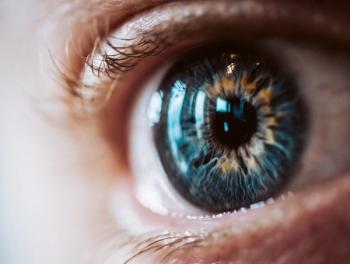
An eye exam paired with artificial intelligence machine learning technology may provide a novel approach to diagnose Parkinson disease in early stages.

More than 1 in 4 patients with COVID-19 admitted to the hospital during the first wave of the pandemic in Finland were found to have obstructive sleep apnea, signaling a potential at-risk population.

A machine learning approach that works to identify mitochondrial impairments, a potential mechanism underlying the pathogenesis of Parkinson disease (PD), accurately distinguished between patients with PD and healthy controls.

Patients with Parkinson disease (PD) who do not experience tremor were found to show improvements in reward learning after taking dopaminergic medication, while those with PD and tremor exhibited no benefit in reinforcement learning.

Findings from the GALACTIC-HF trial presented at AHA Scientific Sessions 2020 showed that patients with heart failure (HF) with reduced ejection fraction who took omecamtiv mecarbil showed a significant 8% relative risk reduction in a composite of a HF event or death from cardiovascular causes, compared with those taking placebo.

A report by PwC discusses the health care agenda of President-elect Joe Biden, particularly how his term will shape the future of the Affordable Care Act, value-based care, and drug prices.
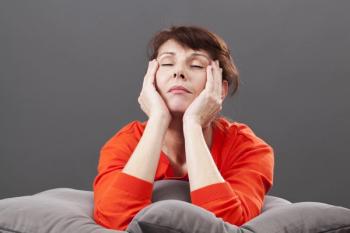
Experts spotlighted sex- and gender-specific changes in normal sleep and sleep disturbance, as well as attributable risk factors, during a session at the CHEST 2020 annual meeting.

Individual-level low socioeconomic status (SES) was found to be significantly associated with increased mortality in Korean patients with Parkinson disease, whereas regional-level SES was not.

Researchers discuss the development and potential of stem cell–based therapies in the treatment of Parkinson disease.
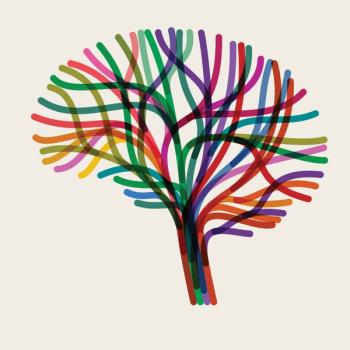
Amid the coronavirus disease 2019 pandemic, patients with narcolepsy reported changes in bedtime and waking schedules, as well as an increase in adverse symptoms such as cataplexy and sleep paralysis.

A panel of key opinion leaders discuss how employers and self-funded companies should assess provider quality and value in cancer care at the 2020 Community Oncology Alliance Virtual Payer Exchange Summit.

A skin test to detect clumping of alpha-synuclein, an abnormal protein suggested to have a central role in the pathogenesis of Parkinson disease, may assist in improving earlier detection of the condition, according to study findings.

Eli Lilly will end its clinical trial of bamlanivimab in patients hospitalized with coronavirus disease 2019; pros and cons of telemedicine and in-person care; new guidance on opioid use in pregnancy.

Adults with obstructive sleep apnea who are not adherent to continuous positive airway pressure (CPAP) therapy were found to be more likely to be hospitalized with influenza than those who used CPAP.

Solriamfetol was found to be efficacious and safe in the treatment of excessive daytime sleepiness in patients with narcolepsy and obstructive sleep apnea, according to study findings.

Air pollution was found to be significantly associated with an increased risk of hospital admissions for several neurological disorders, including Parkinson disease, Alzheimer disease, and other dementias.

In assessing symptoms of Parkinson disease exacerbated by the coronavirus disease 2019 (COVID-19) pandemic, nonmotor neuropsychiatric and automatic symptoms were noted to particularly affect both patients and their respective caregivers.

Inconsistent sleep was found to be significantly associated with inflammatory dysfunction, particularly in women, according to study findings.

259 Prospect Plains Rd, Bldg H
Cranbury, NJ 08512
© 2025 MJH Life Sciences®
All rights reserved.
